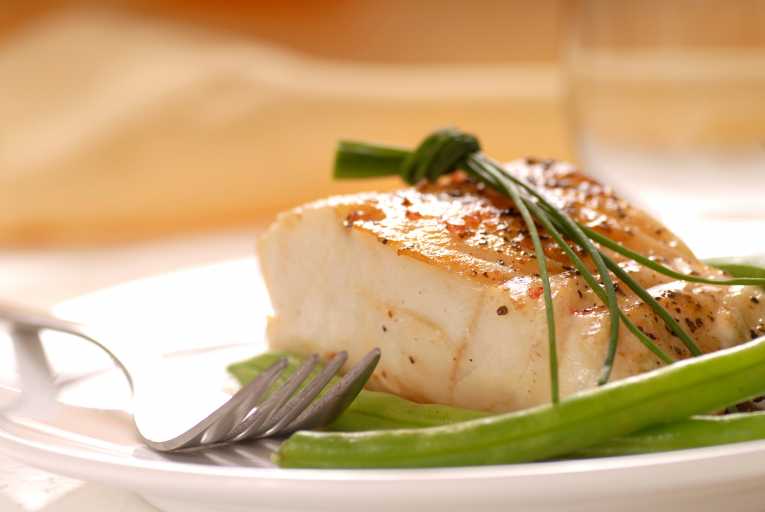Seafood fraud, the practice by which a customer pays for a specific species of fish yet ends up with something different on their plate, is getting more media attention than ever before. DNA tests have shown that in more than 25% of all seafood purchases customers are not being served what they paid for. Another recent survey found misleading labels on a third of all seafood.
Now, a report from Oceana says that not only are customers being ripped off, but the practice is also dangerous for health and conservation.
At a time when overfishing affects all of the world's oceans and more than three-quarters of the world's fish stocks are overexploited, seafood fraud is significantly worsening the problem. In most cases, seafood fraud involves substituting an expensive species of fish for a cheaper one, but this is not always what happens. Trawlers will very often add 'at risk' catch to their regular catch and if the fish are processed at sea, then it can be almost unrecognisable from the rest of the catch.
This is just one of the ways in which seafood fraud facilitates illegal fishing. Seafood fraud can occur throughout the supply chain and intentional mis-labelling is often used to cover up other illegal practices. Once fish has been processed and distinguishing features such as the head and the skin has been removed, it can be very difficult to identify individual species. This is how much illegal fish gets through custom controls.
Perhaps, more significantly, when fish is mis-labelled, it prevents consumers from making eco-friendly choices. Some of the most commonly mis-labelled fish species are grouper, red snapper, wild salmon and Atlantic cod. One survey went as far as to say that most fish sold as red snapper is mis-labelled. And very often, tuna is sold generically, so customers are not aware whether or not they are eating sustainable tuna or an endangered species.
Clearly, consumers are being ripped off. Not only is cheap fish being substituted for more expensive varieties, a lot of fish is also sold underweight. Much fish is frozen at some stage, and at the National Conference of Weights and Measures in 2010, it was suggested that 40% of the weight of all fish purchases was ice.
There are other issues too. Seafood is a high-risk food source and eating unidentified fish exposes consumers to health risks such as poisoning from toxins and contaminants, as well as allergies.
The problem is seafood fraud can occur at any stage of the supply chain and is generally driven by economic incentives. Tackling seafood fraud means tracking every fish back to the fishing vessel that caught it and that means the co-operation of fishing fleets, processors, suppliers and retailers. Getting all these groups to work together is going to be no easy task.
Links:
Oceana Seafood Fraud Campaign.
Top Image Credit: © David Smith










